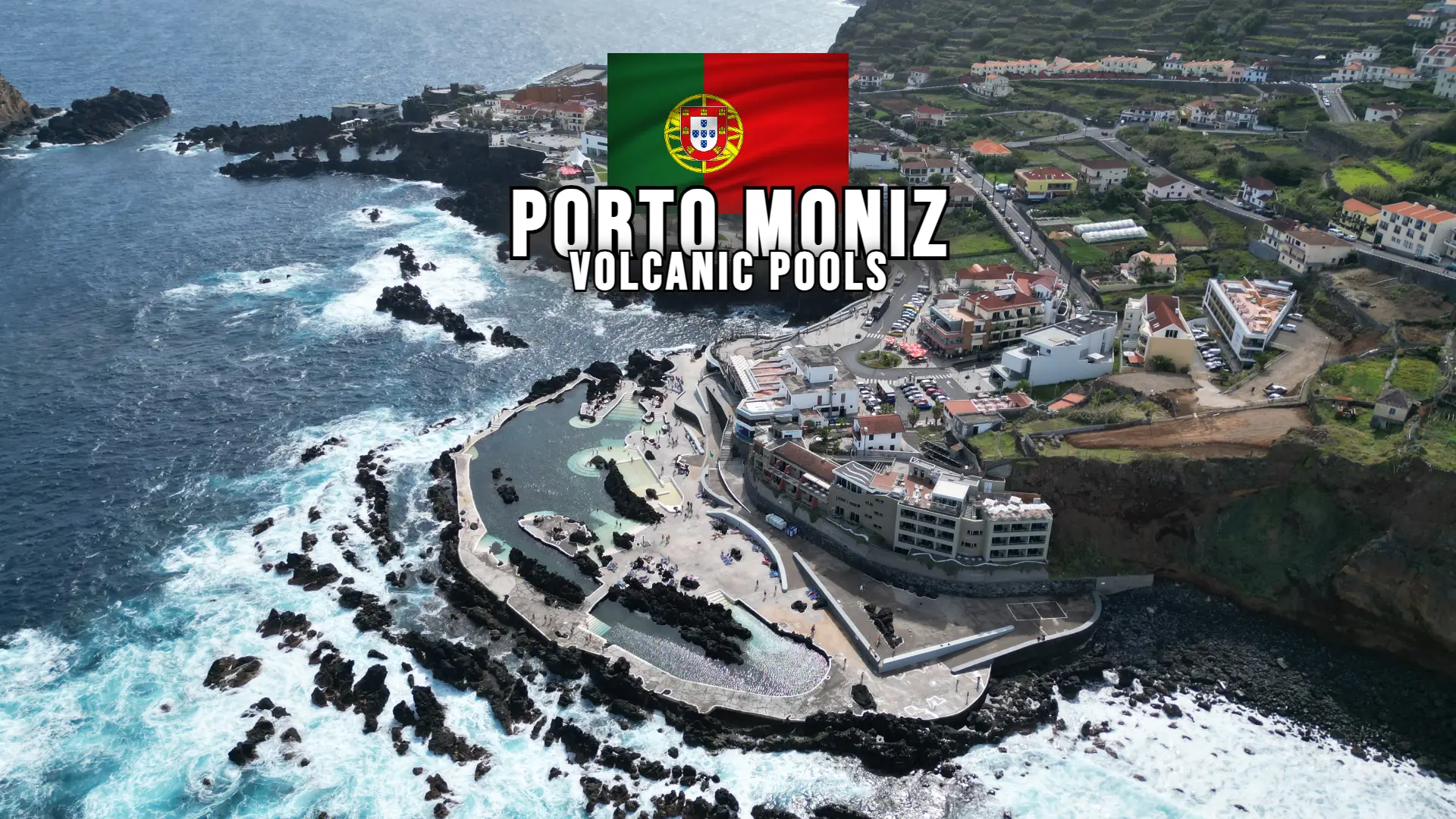When we analyse the location of the Nations of the globe it is possible to note that almost all the developed countries are far from the equator. While they are in the more central regions of the world, for the most part they are the poorest countries on earth. And as much as factors such as political stability, infrastructure and well-established industries are fundamental to the economic success of nations like the United States, Germany and Norway, another point in common with these cited are the harsh winters for several months of the year. This makes it impossible to ignore the presence of some relationship between climate and development. What becomes even more evident when, of 96 countries with tropical climates around the world, only Singapore is considered developed
Let us understand how the climate of a nation can influence its development and cause such great social disparities between countries, which theoretically should benefit from the warm climate, while others should struggle to survive in sub-zero temperatures.
The Period of European Colonisation and Expansionism
Of course, you might think that because cold European countries colonised warmer countries, they tended to be richer, because even with independence, the colonial period caused divisions of territories, extraction of natural resources, plus the colonising nations still maintained an economic influence over their former colonies
Even if this thought has some truth to it, the logic can be overturned if we analyse the European continent itself, where the Mediterranean nations should be the richest, because they border the Mediterranean Sea which has a commercial importance connecting Europe, the Middle East and Asia. However, some Mediterranean countries are among the hottest and poorest on the continent, including the former colonising nations such as Spain and Portugal, which have per capita incomes well below those of countries such as Holland, Luxembourg and the Nordics.
The Relation between Temperature and Per Capita Income
This logic is further confirmed when we analyse the relationship between temperature and GDP per capita. With estimates indicating that 1 degree Celsius more results in a GDP per capita 725 dollars less.
The reason for this relationship generates debate among economists, as in the past humanity’s great empires were formed in warmer regions, such as the Egyptians and the Persians, because millennia ago, without today’s agrarian technology, wealth was determined mainly by agricultural capacity.
The Influence of Agriculture on Development
So countries in tropical regions would naturally be richer just because they could produce more food than colder nations. But in the modern world, where the main keys to development are industry, infrastructure and technological innovation, having a suitable climate for year-round cultivation is no longer enough to ensure prosperity.
Alternatives for the lack of raw material
Thus, the scarcity of raw materials and the harsh climate created needs that motivated peoples to industrialise, develop in technologies and expand in their territories. Today these countries have an advantage even in agriculture, as they have developed their infrastructure and technology, such as using genetically modified seeds to increase productivity and reduce the need for fertiliser, in order to optimise food production and avoid waste.
These factors make cold countries like Holland, Germany and the United Kingdom among the largest exporters of agricultural products in the world, however, in tropical countries the lag in industrialisation makes the infrastructure and technology employed in cultivation extremely underdeveloped, leaving farmers exposed to climatic variations, pests and parasites that are more present in tropical climates, leading to sub-optimal production.
The Needs to Adapt to Intense Cold
In addition, cold climates make planning necessary, because if there were no stocks of food, wood and other supplies, as well as adapted houses to get through harsh winters with negative temperatures, the population of countries like the Nordics, for example, would not survive, while in warmer climates the requirement to live is lower, which makes planning something secondary.
Some exceptions to this rule
These actions have accumulated over several generations and have contributed to shaping societies that value capital goods more than those who had easy access to them. Nevertheless, there are exceptions to this rule, with some cold countries like Russia, Ukraine and North Korea having a per capita income at the level of underdeveloped countries. But in these relationships political instability and decades of isolation are more relevant factors than climate.

There are exceptions also hot countries like Singapore, Qatar and the UAE which have a per capita income above $40,000, being ahead of cold developed countries like the UK and France. But the point is that both Qatar and the UAE have been blessed with the territory very rich in oil and natural gas. Singapore’s case, on the other hand, is a little more interesting as it is among the 20 smallest countries in the world and has no natural resources. However, the founder and first leader of the country, Lee Kuan Yew, admitted that air conditioning was fundamental to change the nature of society and make development possible in the tropics, and without it, workers could not be productive due to the heat and humidity, and consequently, it would not be possible to develop industry and technology.
Therefore, all countries have the potential to achieve the so dreamed development, as long as they manage to maximise the available resources, like Singapore, which can be an example that this trend is changing in the future. But today it is undeniable that climate has a strong influence on development as it has created needs that accelerated industrialisation and innovation in cold nations. Therefore, relationships like these are topics that generate interesting studies, even if they may not influence economic policies that will actually bring a better future for certain countries.








